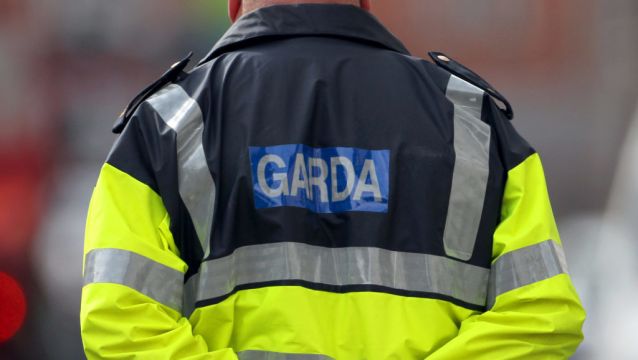Deputy general secretary Ronan Slevin of the Garda Representative Association (GRA) has said that a special executive meeting will take place later this week to decide what action will be taken in response to the decision by Garda Commissioner Drew Harris to honour a commitment to revert to pre-Covid rosters.
While the GRA respected the Commissioner honouring his commitment, the point was that the population had risen and garda numbers had dropped since then, Mr Slevin told RTÉ radio’s Morning Ireland.
Recruitment had not increased numbers to the levels required, which led to concerns about resources to equip a fifth unit for rosters, he added.
Mr Slevin explained that the roster would see a return to six consecutive days of 10-hour shifts followed by four days off in a 10-week cycle.
“But times have changed since then. As I said, the numbers of gardaí have continued to decline. The numbers in society continue to rise and we don't believe that there is enough guards there currently, to make five units out of four, and it's going to affect the welfare and safety of our members when they’re working.”
When asked what the change in roster would mean to his members, Mr Slevin said it would require members of the force to “turn up for work an extra 25 days a year".
“Now that doesn't sound an awful lot to the person in the street , but if you consider a lot of our members are living outside of the major urban areas because they can't afford to buy properties, and so they're travelling long distances.
So the extra cost that's going to be incurred in relation to the travel and associated childcare costs and an ongoing cost of living crisis is a cause of concern for a lot of our younger members, especially.”
The GRA has previously recommended a 12 or 10 hour roster for specialised units based on a four unit structure, he said. That was a “viable workable solution” to the Commissioner’s issue in relation to the manpower levels within the force.







